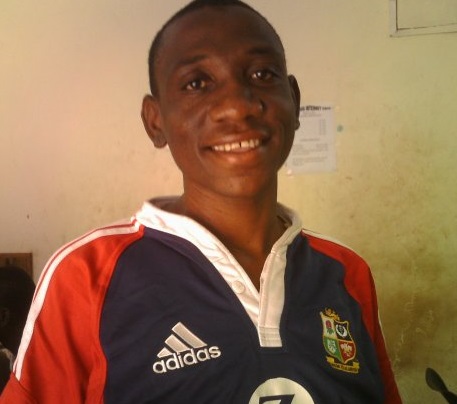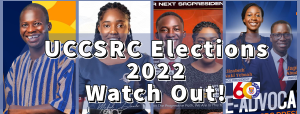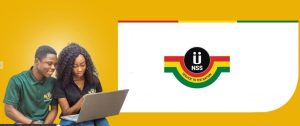 Examination is thought to be the best way to determine students’ progress in a certain area of study. The performance of students is translated into grades or percentages. All other things being equal, a student with satisfactory and honorable performance stands a great chance of getting a good job in the future.
Examination is thought to be the best way to determine students’ progress in a certain area of study. The performance of students is translated into grades or percentages. All other things being equal, a student with satisfactory and honorable performance stands a great chance of getting a good job in the future.
This major promising phenomenon has informed students to adopt crude strategies in order to pass examination at all cost. Some students will readily extend their time of learning and attach some level of seriousness to their studies because they want their exams. Other students stylishly prefer to adopt or adapt to examination malpractices which is seen as sinful and defeat moral excellence.
The question now is ‘’Do examination results accordingly reflect the ability of a student?’’
A recent research reveals that sixty percent of teachers agree that examinations are not the only best indicator of students ability and do not reflect their future success. The chartered institute of Educational Assessors (CIEA) found that examination results reflect less than thirty percent of students’ true ability and future success. This small number of students who normally fall within the passing range feel some sense of pride for passing the examination.
Analytically, the standpoint of these findings is abundantly evidential that good assessment is not just about examination. Examinations are just butterflies in the stomach.
Nevertheless, examination remains the ultimate standard measure of students’ performance and ability. Though ‘’all exam be exam’’, it differs in different educational policies and curriculum Vis-a- Vis the goals and objectives. These goals and objectives are achieved largely by teachers and therefore, teaching and learning objectives must consistently conform and be directed towards achieving the broad objectives with teachers as focus.
The educational policy and curriculum in Ghana is designed such that students are inculcated with critical and analytic thinking, creativity and innovation, knowledge and skills, to be able to solve problems of nature and explore the social, political and economic environment to maximize and utilize the resources at their disposal to the advantage and collective good of society.
Unfortunately, a log thrown into water does not become a crocodile. Teachers in Ghana teach in abstract and sporadically require students to recall concepts. The ability of a student to produce the exact words of the teacher as answers to questions in examination makes the student intelligent and brilliant. “They adore and embrace the theory of chew and poor? My goodness!!”
Students who wish to be successful in future must not necessarily memorize concepts just to pass examination. A person cannot dance on one leg only and so students should memorize with maximum understanding of concepts. Well prepared students are free from timidity, tension and confusion which are harbinger of failure during examination.
Students should be content with their test results and be seldom mindful and conscious of their class as well. A student should not be embarrassed and down-hearted by their weak grades knowing full well that they put out their best in the examination. After all, you wrote the examination without any atom of malpractice. Not to say all, a full stomach does not last overnight. To God Be The Glory
Yakubu Abdul-Kadir (Analytical)
Share or comment on my facebook wall @ Analytic Kadir
“EDUCATION IS THE MOST POWERFUL TOOL WHICH YOU CAN USE TO CHANGE THE WORLD” NELSON MANDELA





